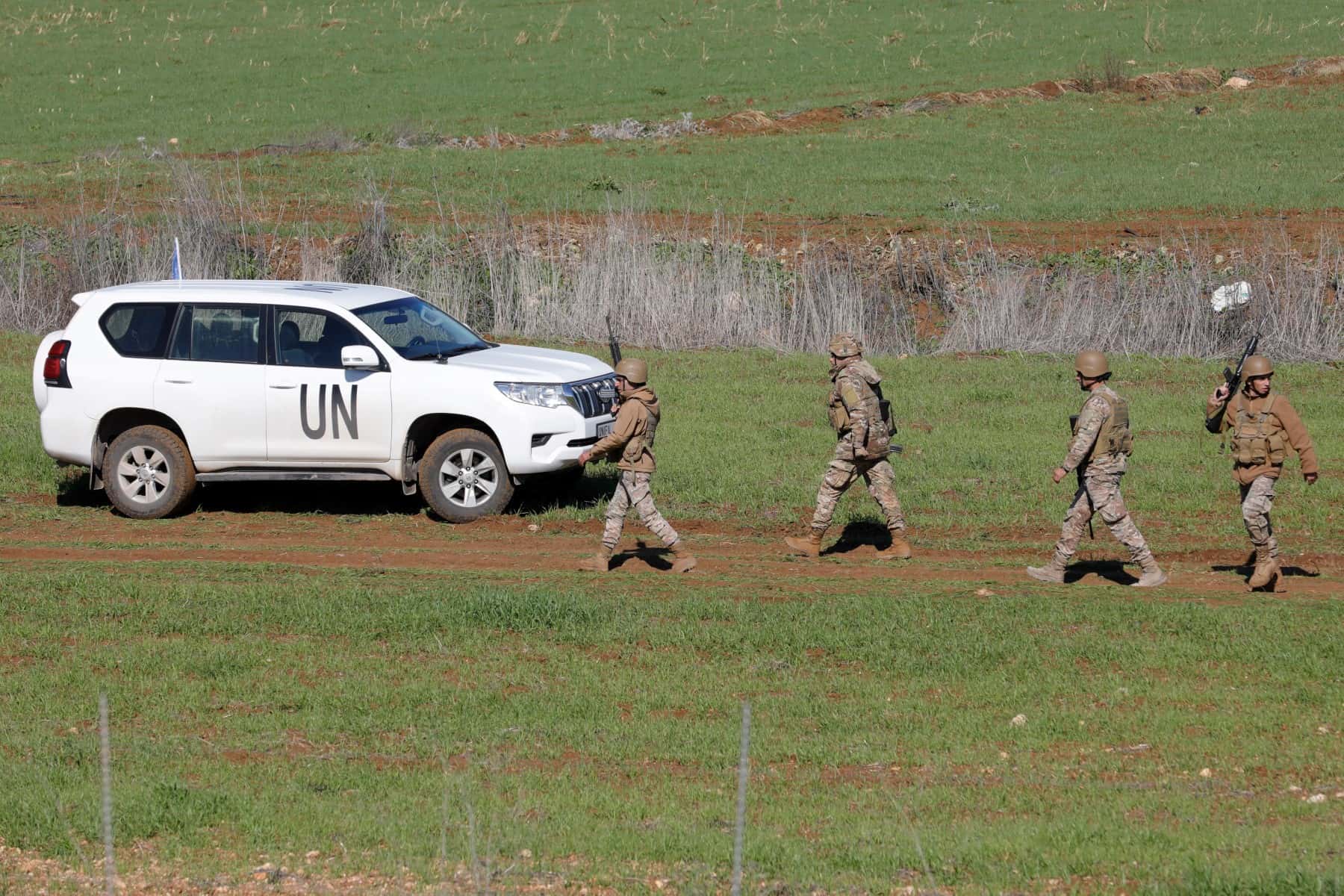BEIRUT, LEBANON – The UN peacekeeping force in Lebanon said Thursday it had not observed any border crossings after Israel said it killed a suspect wearing an explosive belt who may have entered from Lebanon.
The Israeli army said on Wednesday it was probing the possible involvement of Lebanon’s Hezbollah movement after troops “neutralized” the suspect following a blast that wounded a civilian in northern Israel on Monday.
The military said an initial inquiry suggested the suspect “crossed from Lebanon into Israel this week”.
Hezbollah has not commented on the allegation.
The United Nations Interim Force in Lebanon (UNIFIL) “has not observed any crossing of the Blue Line in recent days”, said spokesman Andrea Tenenti, referring to the frontier demarcated by the UN in 2000 after Israeli troops withdrew from southern Lebanon.
He said force commander Major General Aroldo Lazaro Saenz urged both sides to exercise restraint and use UNIFIL coordination mechanisms to “avoid misunderstandings and decrease tensions”.
UNIFIL acts as a buffer between Lebanon and Israel, neighbors that remain technically at war and have no diplomatic relations.
The force operates in the south near the border, a Hezbollah stronghold.
The discovery of the explosive belt in Israel came with tensions already high over violence which has worsened in the Israeli-occupied West Bank this year.
Unanswered questions
The suspected attacker is believed to have asked a driver to take him back to northern Israel, but he was intercepted on the way, the army said.
It released neither his identity nor his nationality.
The driver, whose identity was also not revealed, was being interrogated but “many questions are going unanswered”, the army said.
Iran-backed Shiite militant group Hezbollah, considered a “terrorist” organization by many Western governments, is the only Lebanese faction that kept its weapons after the end of the country’s 1975-1990 civil war.
Israel and Hezbollah fought a devastating war in 2006 after the group captured two Israeli soldiers.
Lebanon and Israel agreed a deal last October to resolve a maritime border dispute involving offshore gas fields after years of US-mediated talks.
After the deal was struck, Hezbollah chief Hassan Nasrallah said the group would end an “exceptional” mobilization against Israel after threatening to attack for months.
The Israeli prime minister at the time, Yair Lapid, said the agreement made conflict with Hezbollah less likely.
UNIFIL was set up in 1978 to monitor the withdrawal of Israeli forces after they invaded Lebanon in reprisal for a Palestinian attack.
It was expanded after the 2006 war.
On Thursday, the United Nations Security Council is set to discuss a resolution, adopted in 2006, for a “permanent ceasefire” between Israel and Lebanon.








